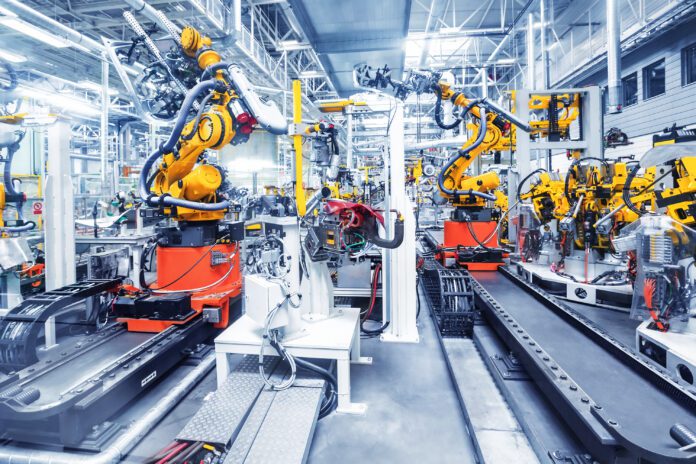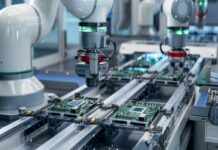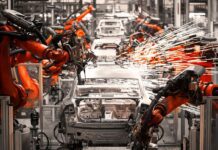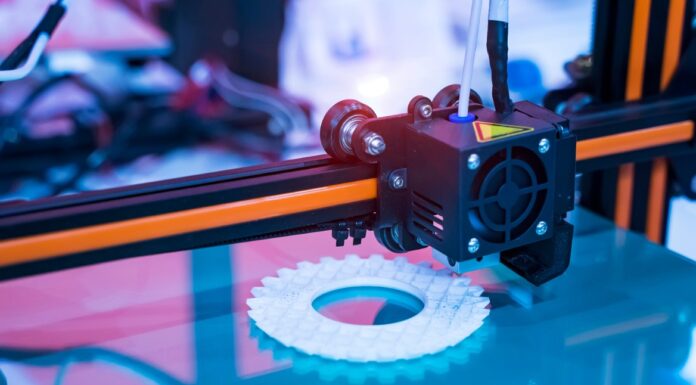
Manufacturers all over the world are on a constant mission to adapt to the ever-changing business landscape, continuously revamping operations and innovating new solutions that would enable them to efficiently mitigate major operational issues, such as supply chain disruptions.
Meanwhile, technological advancements also continue to profoundly impact operations, providing innovative manufacturing leaders with insights and capabilities that once required many hours of manual labour.
With the speed of technological innovations in the current day, futureproofing the supply chain is definitely not something to be taken lightly for the modern manufacturer. What are the trends in the current supply chain and how do we use these to build our business for success?
In an ebook, ERP system provider Epicor highlighted the efforts manufacturers could take on in order to futureproof their business and lead their operations towards success.
Innovate with Intent
Indeed, manufacturing leaders are not required to integrate every emerging technology into their operations, but it is also wise to continually explore areas that can be optimised to stay competitive.
Automation does not necessarily mean the absolute overhaul of your existing technology or replacing humans with robots. The latest enterprise technology for supply chain management can be integrated with existing enterprise resource planning (ERP) systems.
Storing information in the cloud and establishing a single source of truth on the shop floor enable the enhanced collection of critical data and connect people through integrated capabilities. Thus, adapting digital cloud-enabled technology could be the key towards achieving growth, mitigating risks, and optimising costs.
Outline a comprehensive plan for success
For a business leader, deciding to adopt the right technology for their operations can be an overwhelming task, especially with the sheer number of solutions in the market right now.
In order to gain clarity when it comes to deciding which tech may have the greatest impact and best return on investment, manufacturers are now facing the need for a strategic roadmap that would enable them to find the right technology providers, identify and deploy high-return, low-risk compatibilities, and constantly evaluate and tailor solutions based on their operational requirements.
As manufacturers innovate to cater to customer demands, they also adopt digital technology that provides the foundation for a new type of factory.
To read more about shop floor automation and driving productivity with a resilient supply chain, visit epicor.com.




















